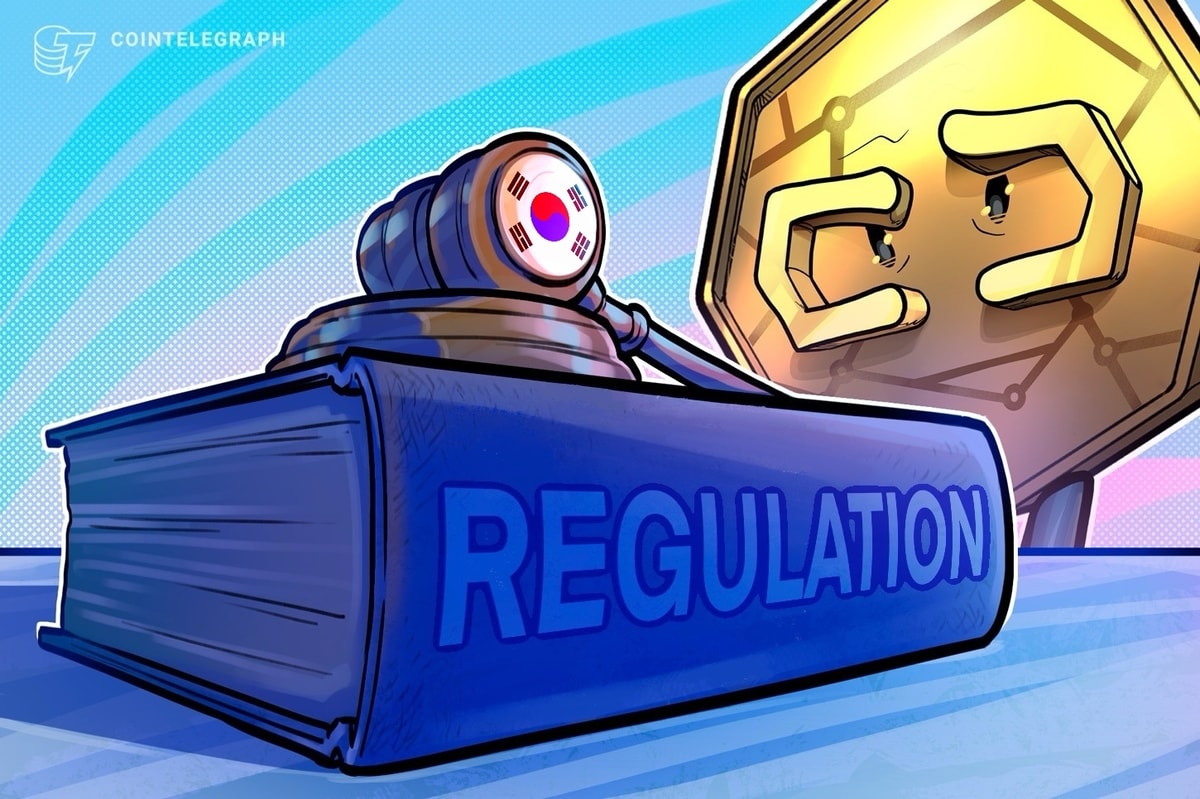**South Korea to Impose Bank-Level Liability on Crypto Exchanges After Upbit Hack**
The South Korean government is set to introduce a new regulatory framework that would hold cryptocurrency exchanges to the same liability standards as traditional banks. This move comes in response to a recent hack at Upbit, which exposed significant gaps in consumer protection.
According to a report by The Korea Times, the Financial Services Commission (FSC) is reviewing new provisions that would require exchanges to compensate customers for losses stemming from hacks or system failures, even when the platform is not at fault. This no-fault compensation model is currently applied only to banks and electronic payment firms under Korea's Electronic Financial Transactions Act.
The regulatory push follows a November 27 incident involving Upbit, operated by Dunamu, in which more than 104 billion Solana-based tokens worth approximately $30.1 million were transferred to external wallets in under an hour. This breach has raised concerns about the security and reliability of cryptocurrency exchanges in South Korea.
The FSC's proposal is aimed at addressing a pattern of recurring outages at major exchanges. Data submitted to lawmakers by the Financial Supervisory Service (FSS) shows that the country's five major exchanges – Upbit, Bithumb, Coinone, Korbit, and Gopax – reported 20 system failures since 2023, affecting over 900 users and causing more than $5 billion in combined losses. Upbit alone recorded six failures impacting 600 customers.
As part of the upcoming legislative revision, lawmakers are weighing a rule that would allow fines of up to 3% of annual revenue for hacking incidents, the same threshold used for banks. Currently, crypto exchanges face a maximum fine of $3.4 million. The revised regulations are expected to mandate stricter IT security requirements, higher operational standards, and tougher penalties.
The Upbit breach has also drawn political scrutiny over delayed reporting. Although the hack was detected shortly after 5 am, the exchange did not notify the FSS until nearly 11 am. Some lawmakers have alleged that the delay was intentional, occurring minutes after Dunamu finalized a merger with Naver Financial.
South Korea's move to impose bank-level liability on crypto exchanges is part of a broader effort to regulate the cryptocurrency industry in the country. As Cointelegraph reported earlier, South Korean lawmakers are also pushing for a stablecoin bill by December 10, warning that they will push ahead without the government if the deadline is missed.
The new regulations are expected to have far-reaching implications for the cryptocurrency market in South Korea and beyond. As the industry continues to evolve, regulatory bodies must balance the need for innovation with the need for consumer protection and financial stability.
